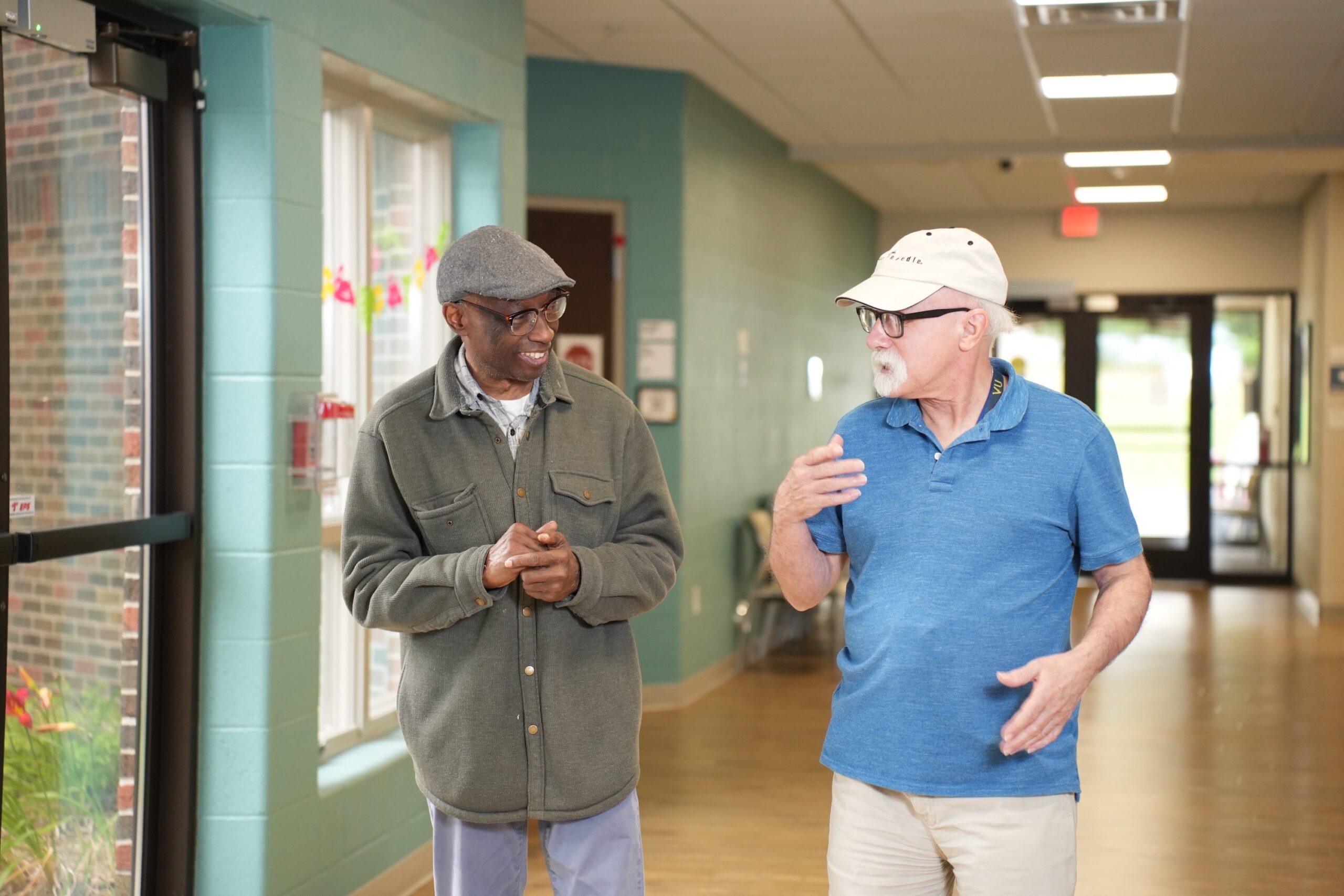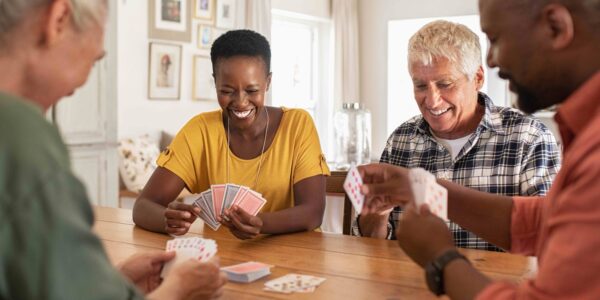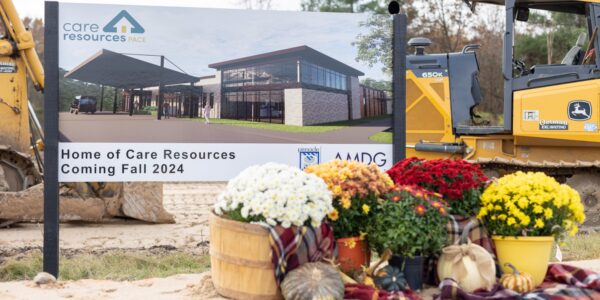We often hear the importance of keeping our bodies active and well-nourished, but would you believe that physical health is closely intertwined with cognitive health, too?
Regular physical activity, healthy eating and getting enough sleep are staples to overall health that become even more essential for our brain function as we age. They’re key to promoting healthy, independent living for adults 55 years or older, which is central to the mission of Care Resources. The community-based program serves residents of Kent County and portions of Allegan, Barry, Ionia, and Ottawa counties.
In her role as a recreational therapist with the organization, Sabrina Cusenza organizes a variety of programs to help restore, maintain, or enhance participants’ cognitive function, among other health goals.
“At Care Resources, we do a lot of reminiscing and listening to music, which caregivers can do with their loved one at home. Both are great for bringing back old memories to the surface and connecting with others about meaningful life moments,” says Sabrina Cusenza.
To review more activities Care Resources offers their participants to help promote brain health, read the full article here.
Last updated 10.29.24 | H5610_WEB



